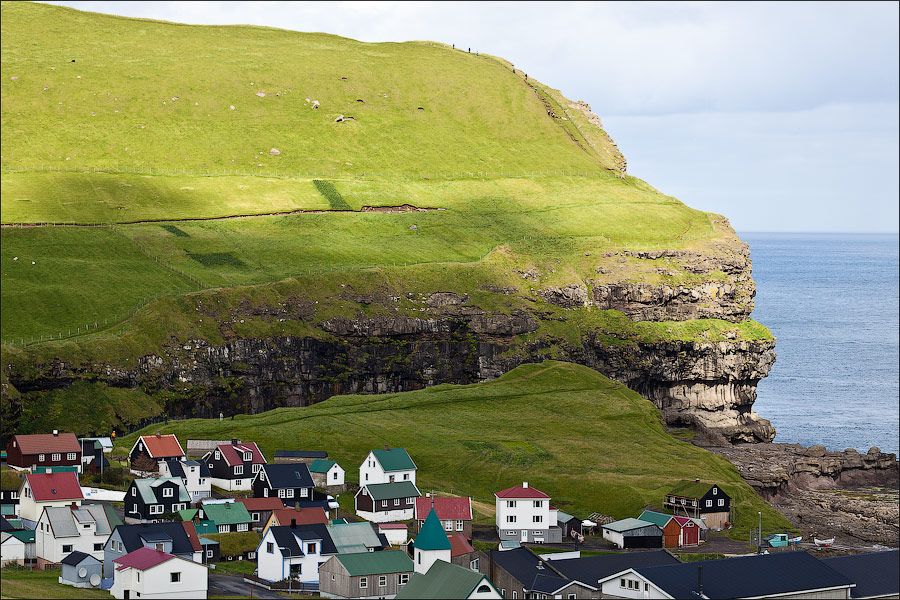
Sixteen centuries ago, Irish monks, hermits small group settled in the Faroe Islands. Two centuries later they drove Celtic Druids. These, in turn, drove the Norwegian Vikings.
The islands passed from one tribe to another. Changing people and flags, under which lived and fought during those turbulent times these ethnic groups.One thing remained unchanged - the minimalist nature and human perseverance in the desire to inhabit those of little boulders. On the Faroe Islands have never grown trees. Do not grow trees! Three words, and how many problems. Koster does not dissolve, roast meat, the fat does not melt, does not heat the mulled wine, beer, do not boil. All the buildings of stone. The stone tables and chairs, stone beds, stone plates, forks and spoons. Stone toys. And imagine the stone Drakkar Vikings. I have not found the information, where in ancient times took Faroese wood for use. Most likely imported from the neighboring Shetland Islands and Norway.
Since the settling and development of the Faroe Islands, for nearly two centuries, the trees grow in these areas have not learned. But people have survived.Adapted. Are imported timber cargo ships. And build traditional huts with grass roofs, which, even in heavy rain lightly rustling stalks of grass and dropping the seeds of the roof next year.
Here there is no poison the atmosphere and ocean water. It does not drop acid rain. There is no dust on the windowsills. There are strong old ancient tradition. Here on the rocks, contrary to legend, do not grow trees.
Two.
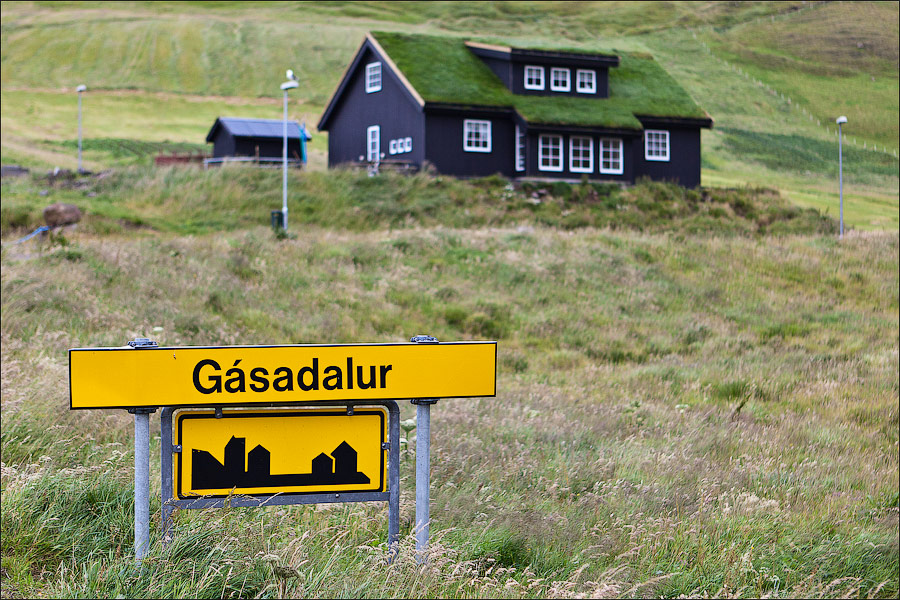
Three.
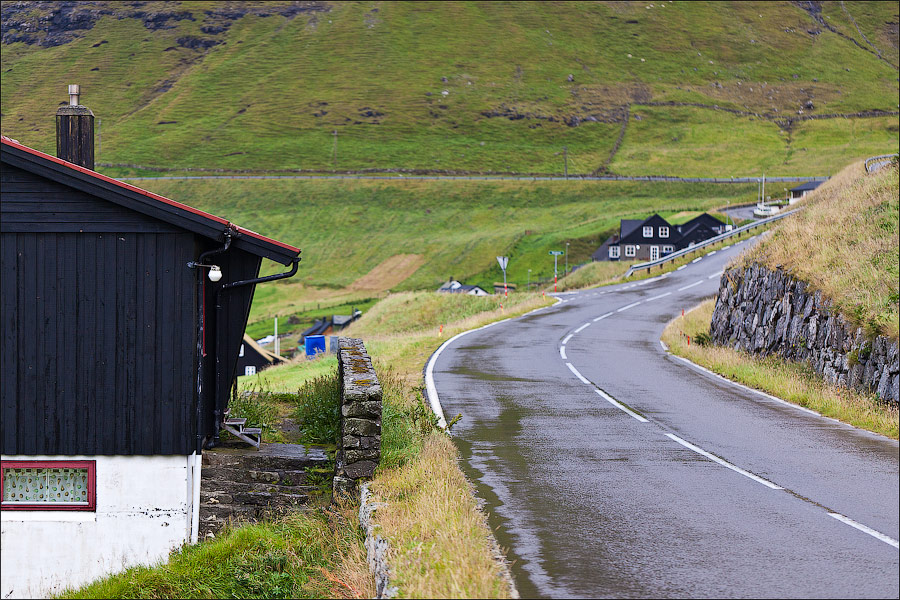
4.

Five.

6.
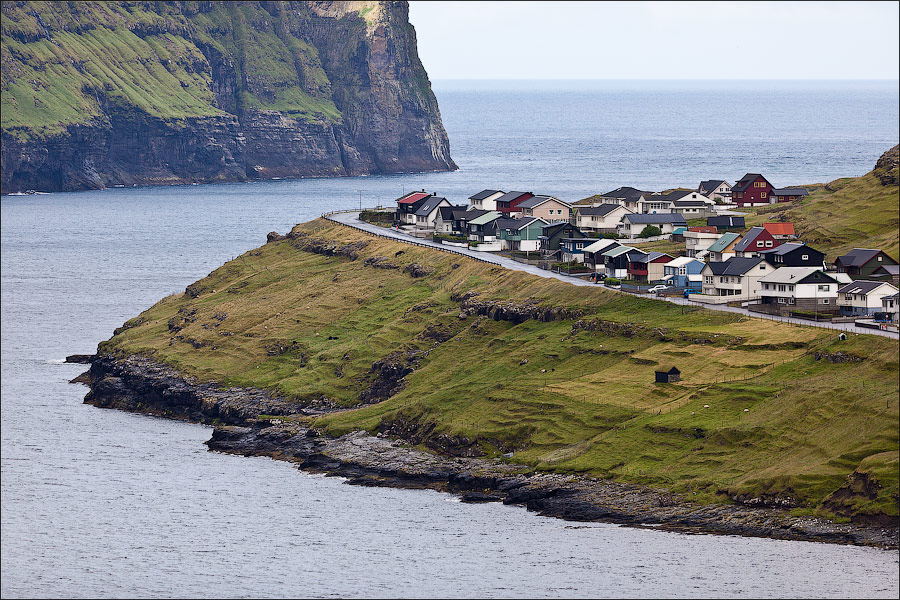
7.
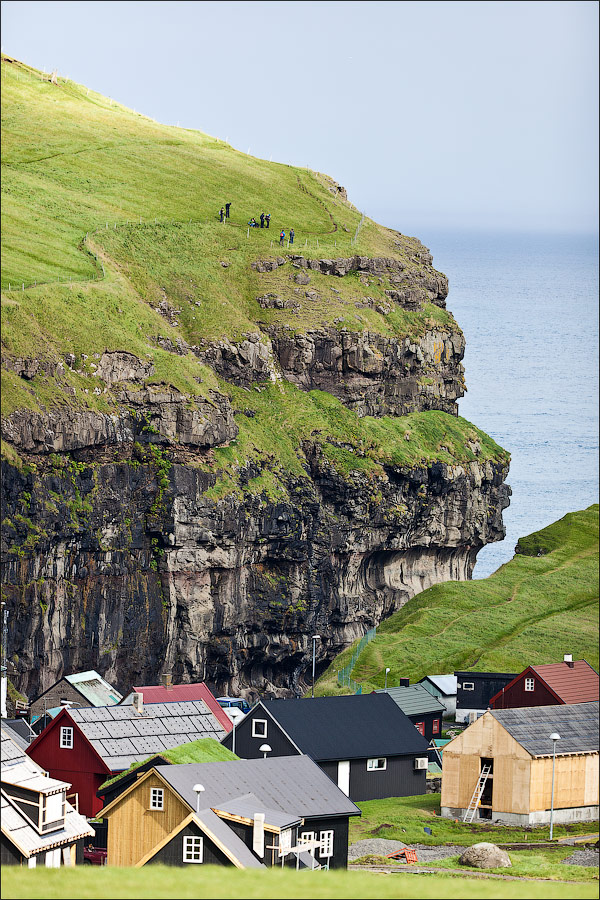
Eight.
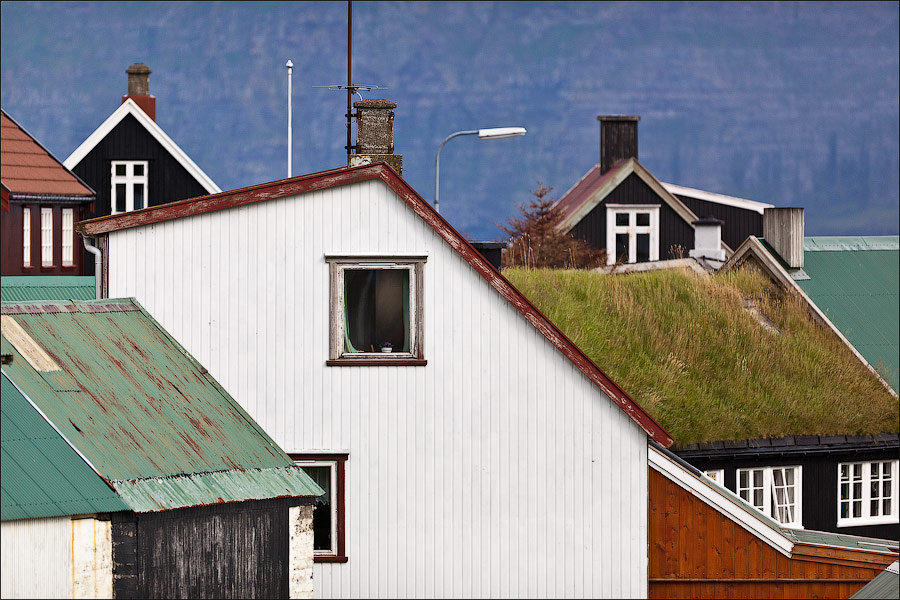
9.

10.
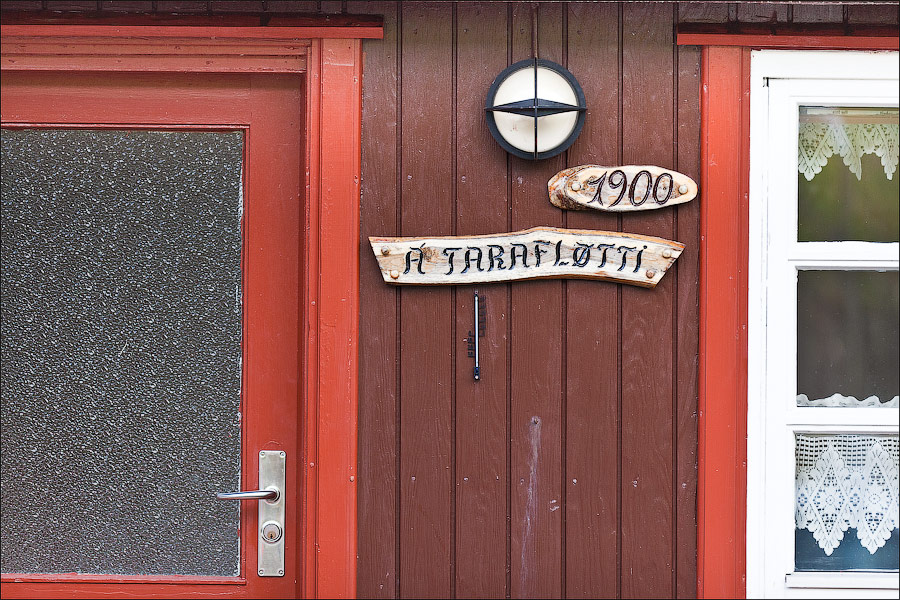
11.

12.
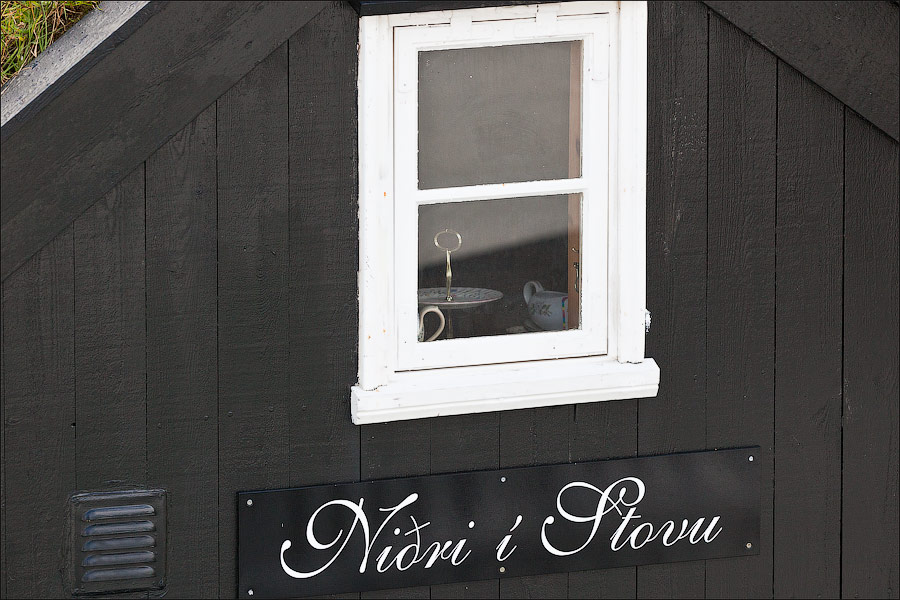
13.

14.
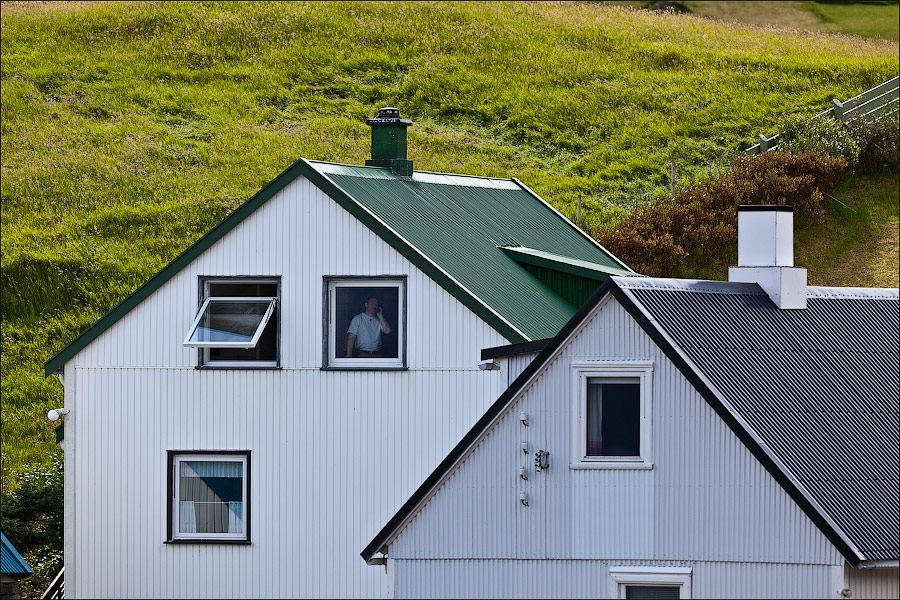
15.

16.
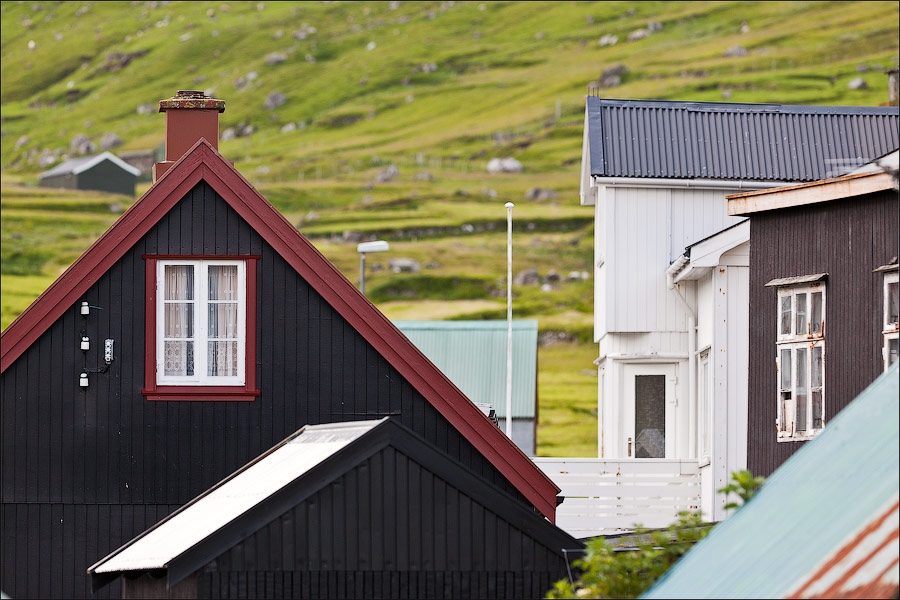
17.

18.

19.

20.

21.

It is fair to note that in the capital of the Faroe Islands - Torshavn is the multi-storey town house. According to the latest census, living on the islands of 48,000 people. In the capital of 18 000. The rest of the population is evenly distributed in approximately stapyatidesyati settlements. There are islands that are home to one or two families.
Somehow this time ...

No comments:
Post a Comment